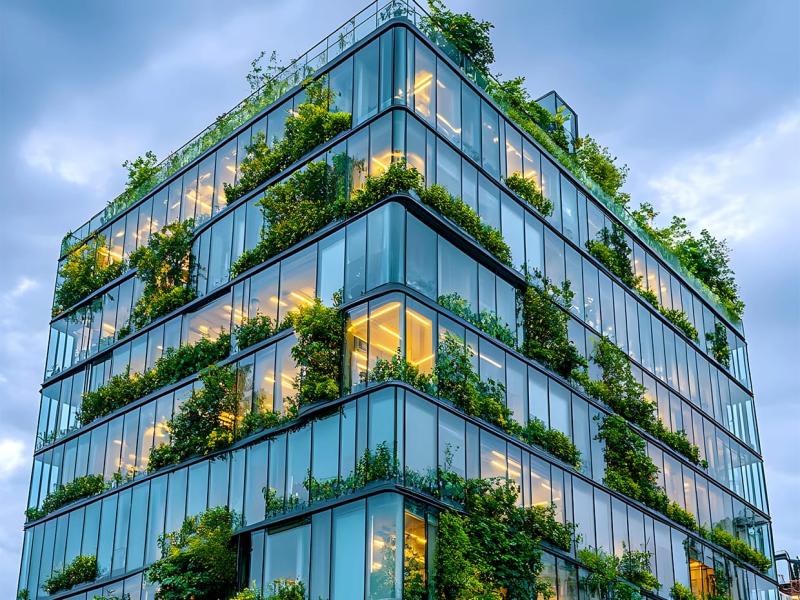Having recently participated to Expo Real, it is clear that ESG is at the top of everybody’s mind in the Real Estate Sector.
Of course, Real Estate actors are focusing on decarbonization strategies as it is a high impact sector for which expectations are high whether it comes to operational carbon reduction, use of renewable energy, avoidance of energy waste or locked-in emissions.
In this context, Real Estate strategies can integrate the notion of “whole life carbon” including renovation instead of rebuilding, considerations about materials and construction techniques used, adaptation solutions, circularity, better waste management and more to align with the EU Roadmap for decarbonization in the building sector.
Biodiversity is another hotspot for Real Estate actors since the sector is responsible for a very significant portion of global biodiversity loss. This makes it imperative for real estate investors to consider the impacts of their projects on local ecosystem by integrating for example:
- Sustainable construction practices
- High attention for protected areas and creation of wildlife corridors to foster coexistence of human activities and nature
- Using native plants in landscaping projects
- Integrating green areas in development plans to improve quality of life of residents and support nature protection.
But beyond the environmental impacts, it is important to place the emphasis on the social aspect of Real Estate. Real Estate can contribute to social progress by:
- Interconnecting buildings to meet the demands of the hybrid work trend, develop inclusive, diverse and healthy communities, fostering coworking, broadening service offering and improving comfort of tenants
- Helping to develop sustainable mobility and accessible buildings (by installing charging stations, ensuring optimization of car parks, adding parking for bikes…)
- Integrating buildings in cities (by promoting harmonious architecture, creating community, safety, being able to answer tenders from cities including ESG requirements, housing an ageing population, accessibility, etc).
Finally, on the governance side, the Real Estate sector should among other topics focus on creating corporate culture that fosters ESG practices, fight against corruption and ensures human rights protection.







